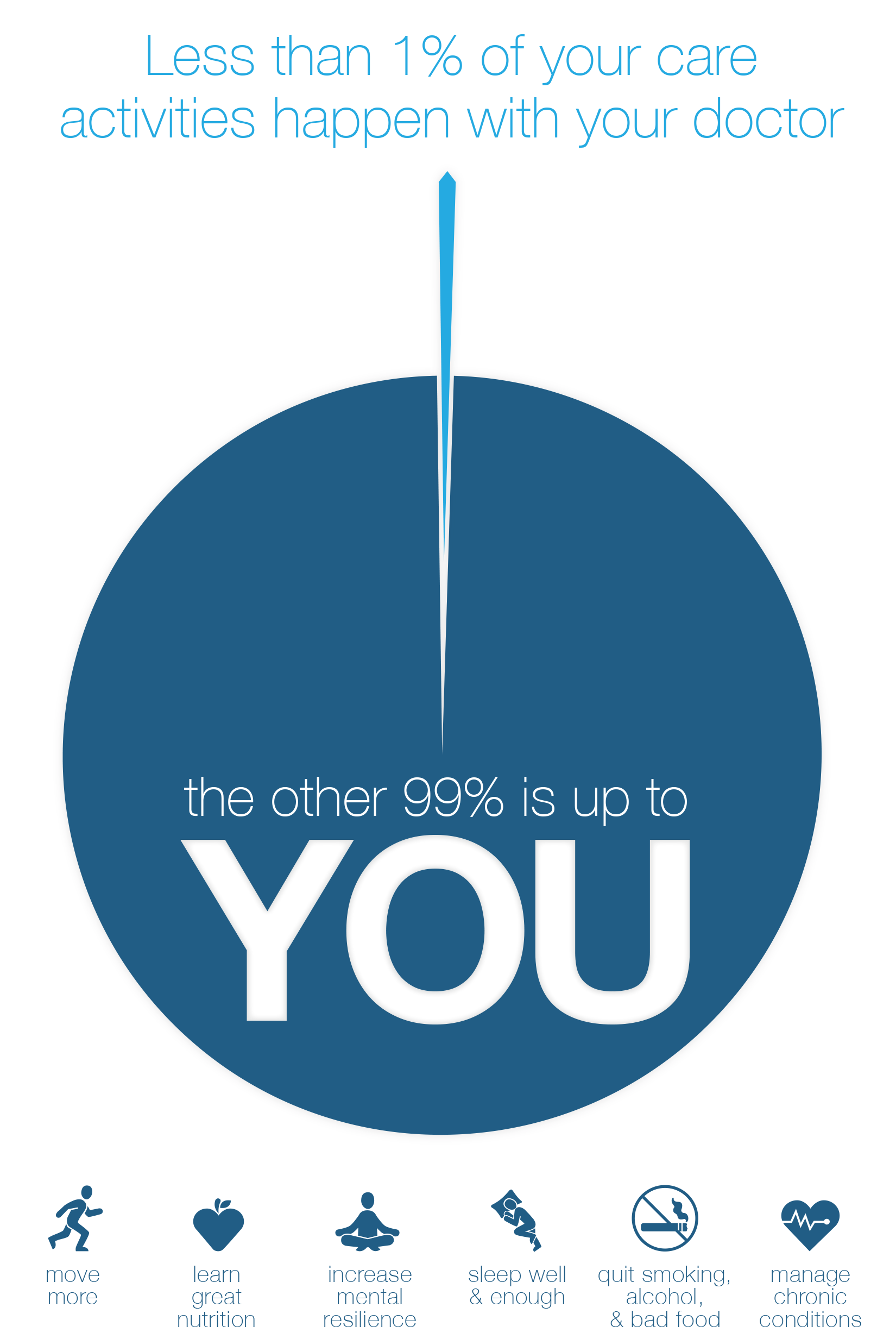This post is written for Suicide Prevention Day, 10th September 2016

This happens to me a lot; when I’m at my absolute worst, when depression has really taken over, there are quite a few well-meaning, concerned people who tell me they wish they could ‘wave a magic wand’ for me. This ‘magic wand’ has been popping up in conversations pretty much ever since I was young enough to still carry around the glow-in-the-dark plastic wand I got free with a McDonald’s Happy Meal. And it’s got to stop.
I get the sentiment. I really do. I’m in the depths of despair so deep it really does seem to the other person like only ‘magic’ will save me now. I’m scaring them and they don’t know what to say or do about it, short of calling in Tinkerbell and the Fairy Godmother to wave away all my sadness in a gust of garish glitter. But depression or even suicidal ideation are not Disney villains and they don’t need magic in order to get them to lift a little bit. They just need someone’s time, presence and a listening ear. That’s literally it.
You don’t need ‘magic’ to sit with someone and listen to them. You don’t need ‘magic’ to acknowledge someone’s feelings. You don’t need ‘magic’ to give someone information about the Samaritans or another listening service. We have to stop teaching people that their problems are beyond the reach of human intervention, that unless you can ‘magically’ vanquish every tiny bit of someone’s mental problems then there’s no point in trying to help. We can help. We should help. We need to help.
A few weeks ago, a man fell to his death from a tower block near to the office where I work. He had tried to get help but it didn’t come. And yesterday, my colleague said to me, “If someone wants to kill themselves, there’s nothing anyone can do to stop them.” He wasn’t being malicious and to a certain extent, yes, you can’t take ultimate responsibility for someone’s choice in that respect. But recognising signs and symptoms, offering support, telling people where they can access help and demonstrating that they can get better? These are all things we absolutely can do.
I recognised the absolutism of many people’s feelings on suicidal ideation when I volunteered for Mindline. Throughout all of the information and training sessions I attended, the number one question from trainee volunteers was: “What do you do when someone phones up saying they’re going to kill themselves unless you give them a solution to their problems? What do you say to them?” As if there is one answer to the problem of not wanting to be alive anymore. As if we were all volunteering for the service to learn the ultimate secret of existence. Funnily enough, when this question was posed, the trainers did not shut the curtains, reveal a secret hidden passageway and get us to follow them through it to the Garden of Ultimate Knowledge and Truth where all questions are answered forever and ever amen.
They simply said: “You listen. You reflect their feelings. You ask them what’s brought them to this point. You give them space to talk.”
And, during my time volunteering for the service, it was those things which helped people to calm down, to talk, to relax, even to laugh sometimes. I wasn’t transforming lives or taking away all their problems or guaranteeing that they wouldn’t be ringing the service again the next night. But in that moment, they no longer wanted to die.
Is that magic? Maybe it can feel like it when you’re the one who has been given the relief from the awful feelings. But it’s not unattainable magic, it’s not a magic that has to be wished for with the understanding that it never arrives. It’s something that literally anyone can do. So let’s do it.
Useful reading
Supporting someone who’s suicidal – Mind
How to support someone with suicidal thoughts – Rethink
Supporting a young person with suicidal thoughts – A.L.E.R.T. – Papyrus




